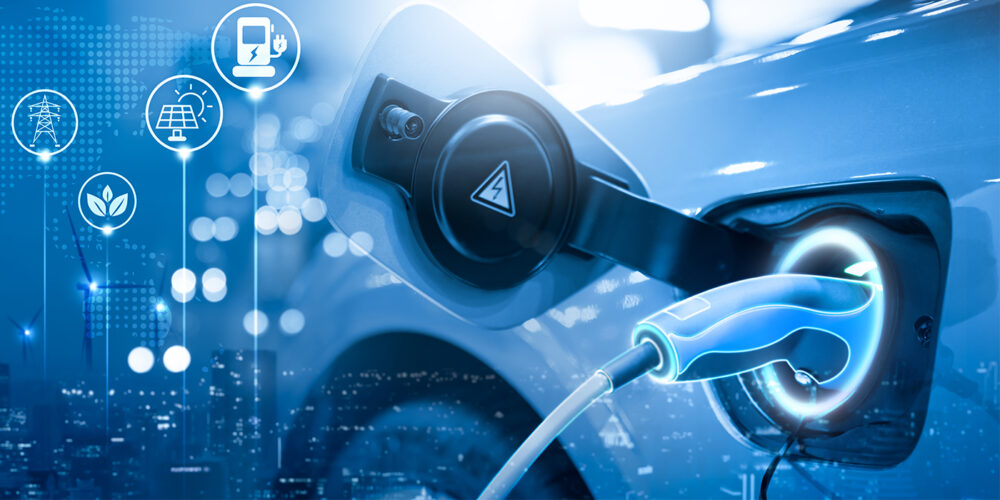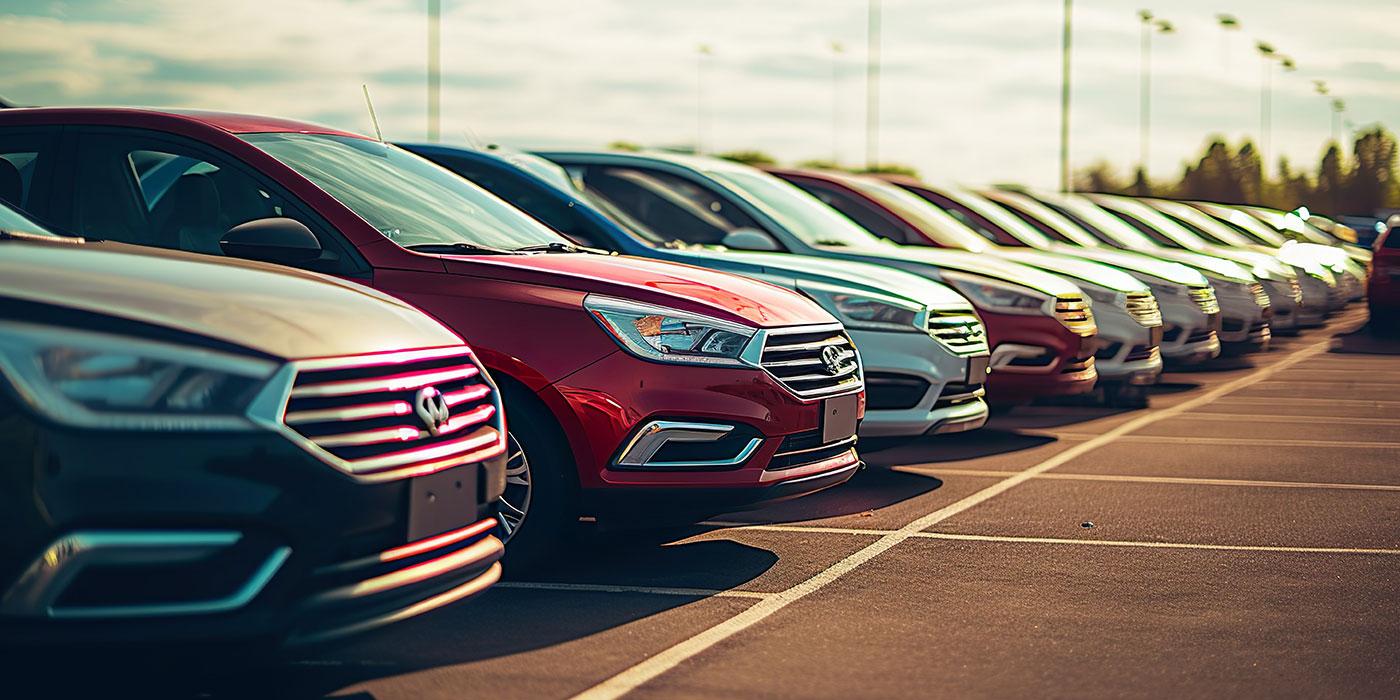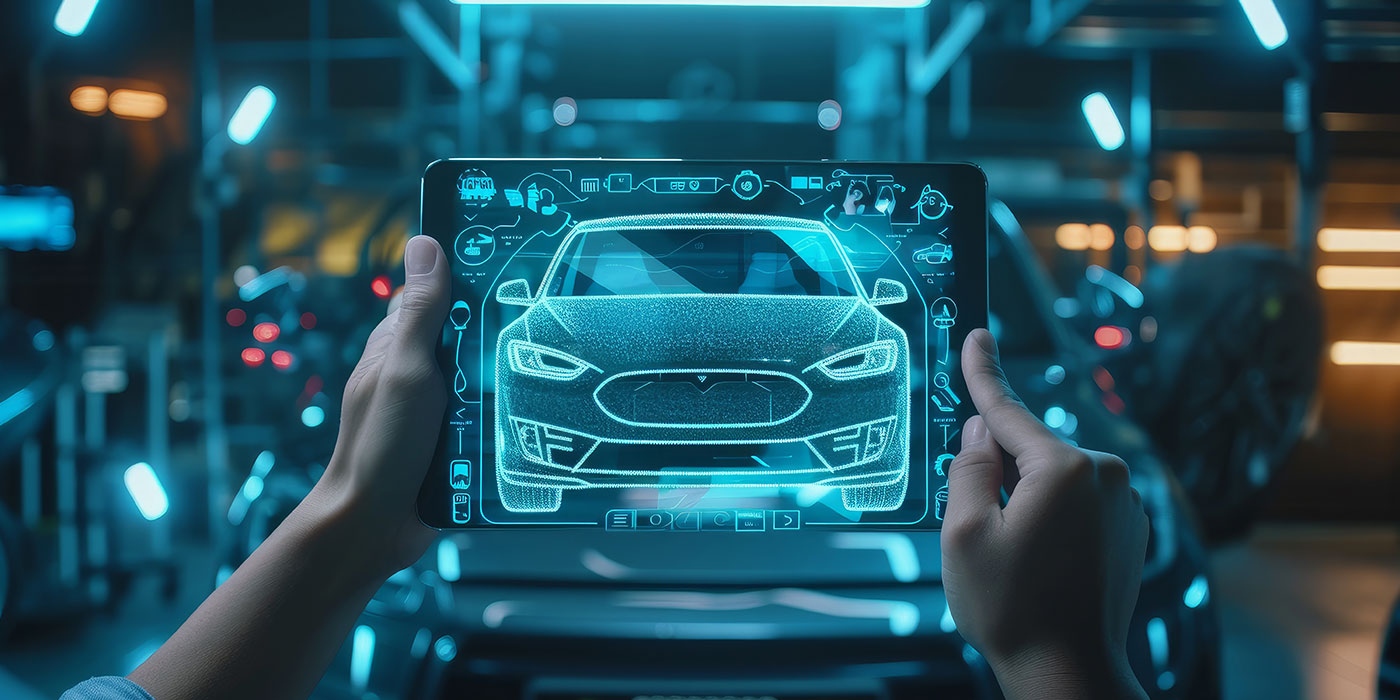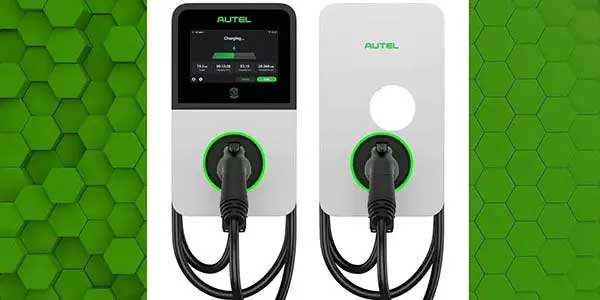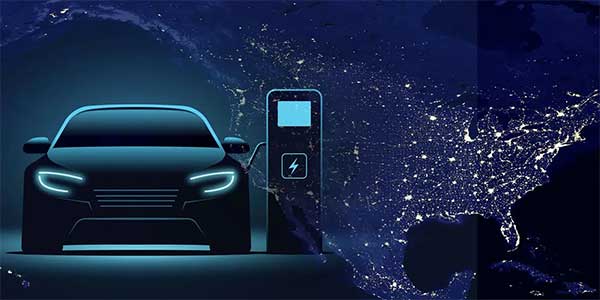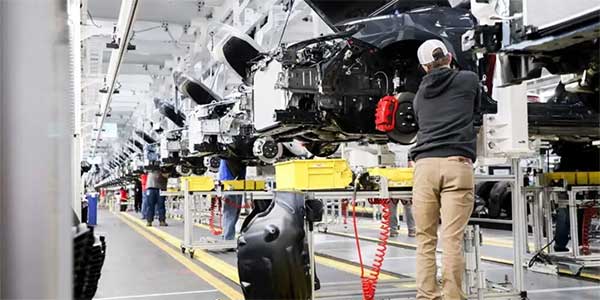…
By Aaron Bickart, EVP/general manager, Offerlogix
“Cash back” always sounds like a good deal, right? You might even have bought one or two things in your life that you did not actually need because of a rebate or credit. When limes are 10 for a dollar, do you buy the two you’ll be using in tonight’s margarita or 20 because they’re on sale?
Electric vehicles (EVs) are the future, and we’ve arrived there. The industry brings with it environmental benefits, economic opportunities and infrastructure development. EVs even have the potential to promote equity and improve community mobility options.
Let’s look closer at those benefits. EVs help reduce greenhouse gas emissions and air pollution, which has positive environmental impacts and contributes to combating climate change. An expanding EV industry brings job growth, innovation and economic development in areas related to EV manufacturing, infrastructure and technology, and drives investments in charging infrastructure like public charging stations. EVs can help reduce transportation-related emissions in historically disadvantaged areas and provide cleaner mobility options for those who may not have access to private vehicles.
Benefits notwithstanding, convincing people to buy electric cars is key to the industry’s success, and EV credits — tax rebates provided by the federal government — make that possible for more people. According to IRS.gov, “If you bought a new, qualified plug-in electric vehicle (EV) in 2022 or before, you may be eligible for a clean vehicle tax credit up to $7,500 under Internal Revenue Code Section 30D.”
Critics argue that EV credits benefit higher-income individuals, exacerbating existing socio-economic disparities, and may lead to a loss in tax revenue, potentially burdening taxpayers who don’t benefit from the credits. They claim that the cost of implementing and maintaining these credits could outweigh the economic benefits, and that focusing on charging infrastructure may divert resources from other sustainable transportation alternatives, such as public transit or cycling infrastructure.
So, are EV credits the way to go? Or do we buy 10 limes when we only need two?
Rome wasn’t built in a day. Early adoption of technology is almost always led by those to whom it is most accessible, and credits can open that umbrella wider. EV credits drive adoption, which drives benefits, which drives more adoption. Credits make more EVs more affordable for more consumers by reducing the upfront cost. The greater the adoption, the faster the price drops. And greater adoption leads to increased overall fuel efficiency and decreased reliance on fossil fuels. Before you know it, it’s the year 2030 and, according to the Bureau of Labor Statistics, more than half of us are driving an EV.
Rather than expand the divide, EV credits have the ability to promote equity by making electric vehicles more affordable for lower-income individuals and communities. And expanded charging infrastructure can help address range anxiety and enhance convenience for EV owners, facilitating the transition to cleaner transportation, including public transit.
As for cycling infrastructure, we can bike and EV at the same time. It’s the penny perfect solution.

